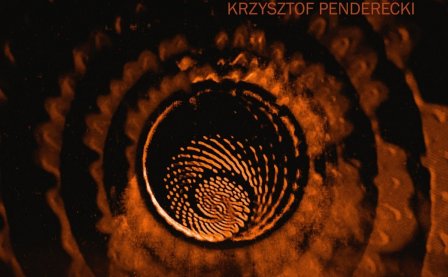What made Portishead’s debut a favorite at upscale coffee-shops and clubs was the almost instinctive way it crystallized the tropes of the Bristol dance music scene, transforming the experimentation of Massive Attack and Tricky into an atmospheric, stylish darkness. Inevitably, of course, it was followed by nearly three years of “trip-hop” imitators and, at least on the west side of the Atlantic, the sound became further inseparable from the increasingly safe contexts where it was most familiar.
That was a pity, because the strength of the Bristol scene was always its core of musical tension; tracks like Massive Attack’s “Risingson” were full of energy and claustrophobia. They were made for dark, noisy rooms full of elbows. Portishead’s own work succeeded with so many listeners because it implied that tension without making it the central device. Instead, that space was filled by Beth Gibbons’s vocals, which were alternately fragile and emotive or otherworldly and instrument-like. It was easy to imagine why people would want to imitate them, particularly people looking for readymade glamor and mystery, the very things that made Dummy a cliché before its time.
Portishead’s Third finds them pushing outside safe bounds, to occasionally self-conscious effect, but never without craft. On “Silence,” for example, a rough, primitive breakbeat supports a foreboding, asymmetrical interplay between guitar and bass – the overall effect is decidedly rock-like, a comparison that appears with other songs as well. “Hunter” is odder still, juxtaposing the band’s usual dreamy crawl with bits of challenging murk, snippets of bracing dissonance, and an arpeggiated theme that trades off between acoustic guitar and a looping sample.
The tracks on Third are all similarly besotted with conflict and discomfort: starting and stopping, pivoting on drum fills with more drama than dance, and samples that seem at odds with one another, not only tonally but often texturally as well. Sometimes, these provide the backdrop for some element that draw it all together, like the driving guitar in “We Carry On” or the synth chords that appear toward the end of “Machine Gun.” Just as often, however, the band seems to revel in the awkwardness and seeming incompleteness of their constructions – as well they might, if the impulse guiding Third was to create an oddity and foil counterfeiters.
If there is a chief problem with this album, it’s the almost single-minded focus on aesthetic. Past experiments by Portishead and their contemporaries shared the function of dance music, a motive that keeps producers thinking about their audiences even when they aim to confound them. Third exists to be listened to, ironically, in places like coffee-shops; the difference between this and past work is that this record might make casual listeners frown over their coffees. Again, that’s probably Portishead’s intent, and taken as such, Third is a carefully rewarding record with enough inspired turns to entertain throughout.
More about: Portishead




